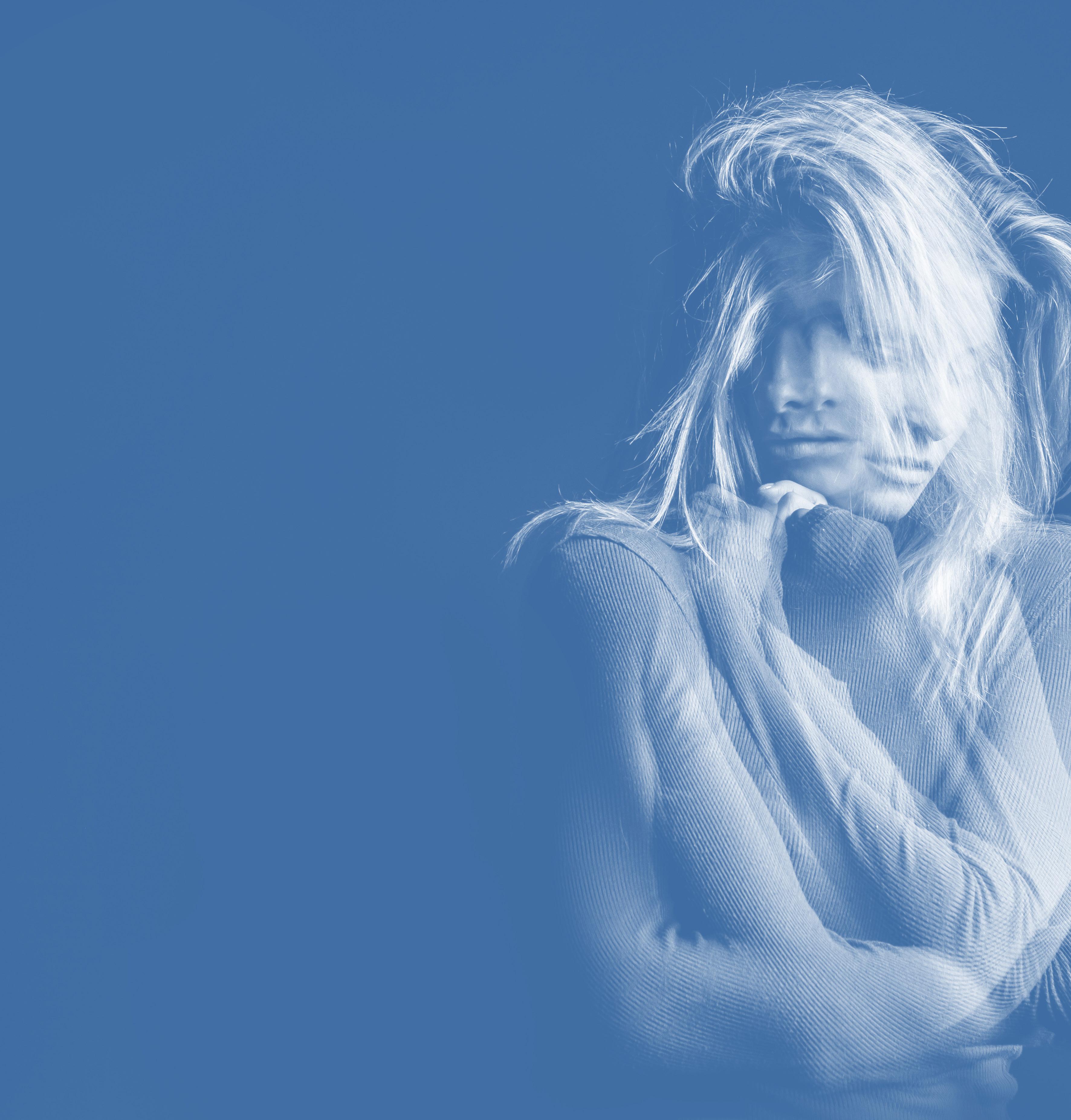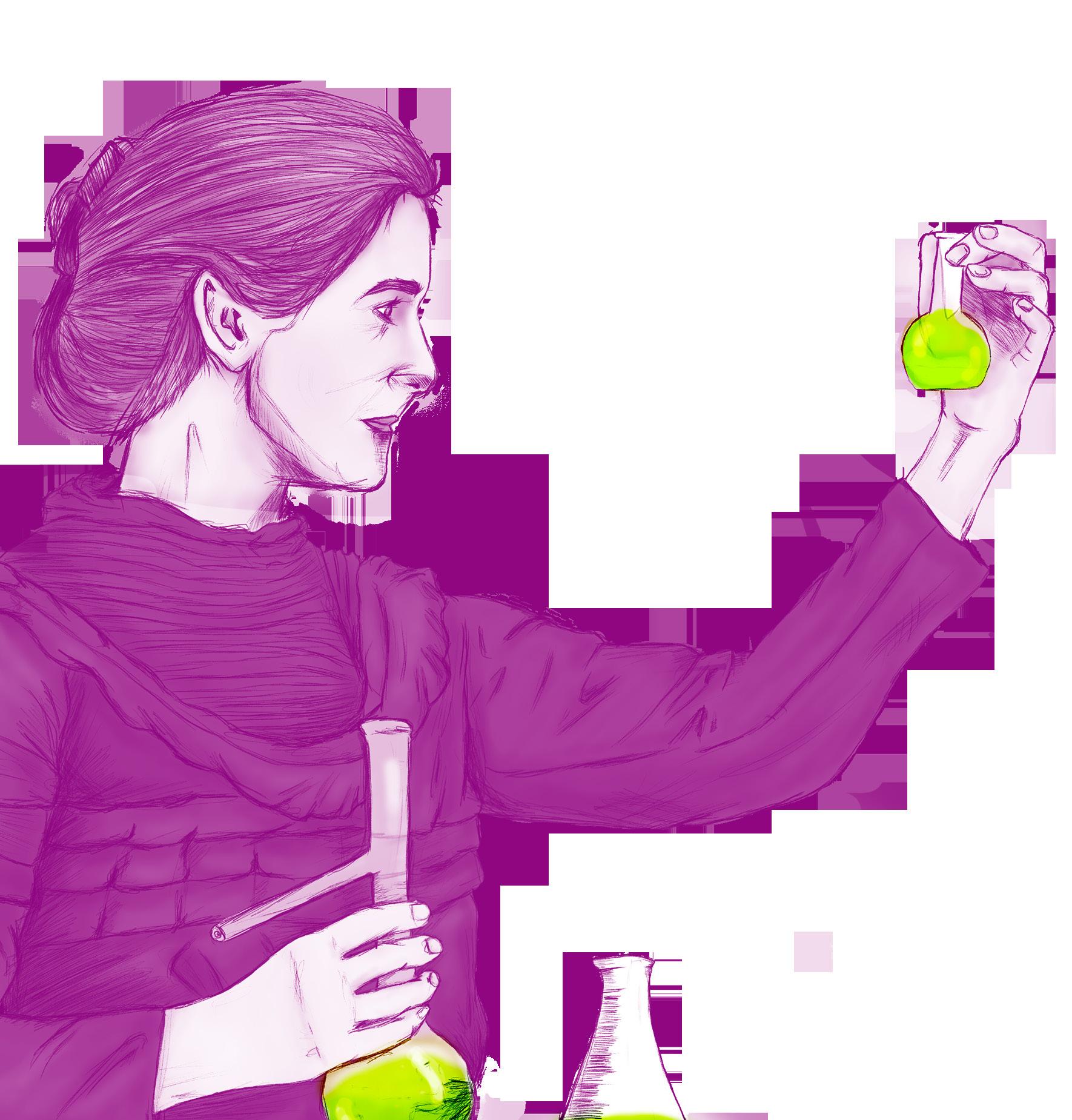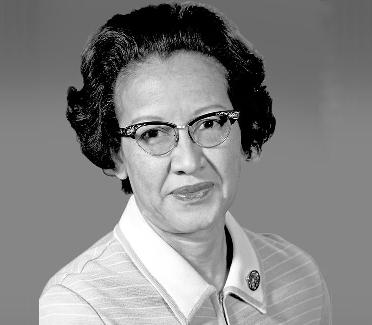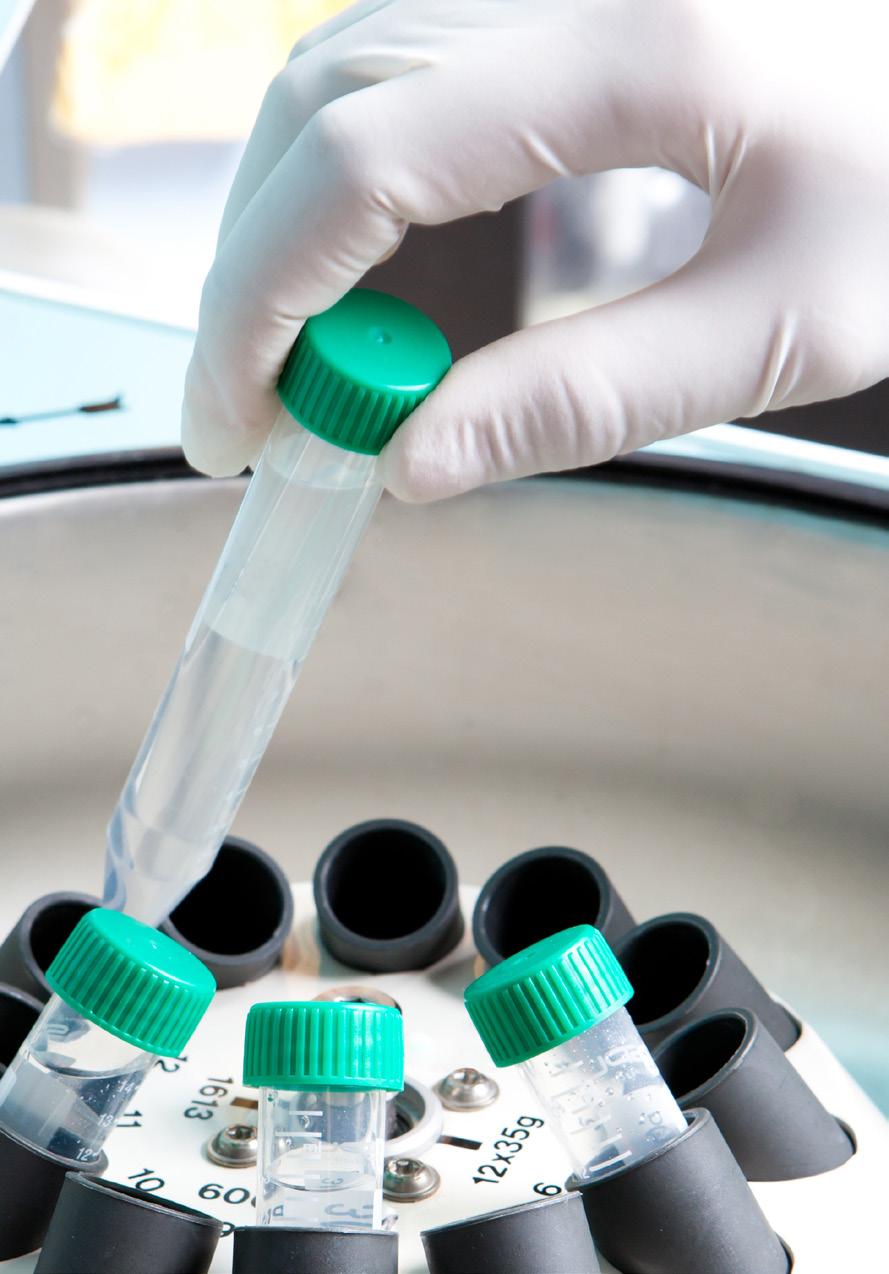
2 minute read
Edition Inquiry
Edition Inquiry
ISSUE # 1
Advertisement
FOR YOU, WHICH WOULD BE THE MOST IMPORTANT SCIENTIFIC CONTRIBUTIONS MADE BY WOMEN?
I certainly believe that many women deserve to be named and remembered for the progress they have made in different disciplines; however, there is a trio of African-American women to whom I would like to award the distinguished honor. Known as human computers, Mary Jackson, Katherine Johnson, and Dorothy Vaughan calculated extremely complex operations with pencils and some calculators, which allowed man to go to space. Without their dedication and strength, against the adversity of those times, it would not have been possible for the human being to become an alien visitor on other worlds. Today we know that we opened this door to transform the history of humanity, to warn the inhabitants of the stars that we are here and that thanks to mathematics like them, we are capable of conquering the cosmos.
-Marco Cid, CEO
The creation of the first computational algorithm, by Ada Lovelace.
-Violeta Hernández, biotechnologist
Eva Ramón Gallegos is researching for non-invasive treatments for the eradication of the uterine cervical cancer produced by the human papilloma virus (HPV), using photodynamic therapies. Also, the discovery of radium and polonium by Marie Curie, of course.
-Maria E. Martens, architect
For me, we own DNA structure to Rosalind Franklin more than Watson and Crick (change my mind).
-Amanda Rountree, student
Dorothy Hodgkin with the chemical structure of vitamin B12, she was awarded the Nobel!
-Vicky Toscano, teacher
Hedy Lamarr was an actress and inventor who co-invented an early version of frequency-hopping spread spectrum, various of those techniques are incorporated into Bluetooth technology.
-Cristina Cervantes, CPA“

The first to determine the presence of black holes in our galaxy was Andrea M. Ghez, an American astronomer.
-Jorge A. Palos, visual artist
I think that women, in general, contribute their feminine perspective to science, adding variables such as the emotional one, which has opened the doors to a more universal, more open science. An example is Jane Goodal, who has had an incredible journey. She, without a training in science, carried out a scientific study without rigid bases, put all her passion and vision to turn it into science. And, with all that juice of emotions, she communicated it and moved the world to care about conservation, not only of chimpanzees but also forests and many species.
-Trilce Ortega, Neurocientist.











